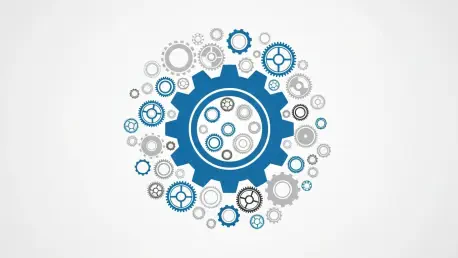
A company's most profound liability may no longer be found in its balance sheets or operational missteps, but in the very ideology that defines its existence. The modern digital landscape is forcing a reckoning within the insurance industry, where the calculus of risk is expanding far beyond

The United States property and casualty insurance landscape is currently undergoing a profound transformation, creating a sharply divided or two-tracked market that presents distinctly different challenges and opportunities for commercial insurance buyers. This pivotal transition is defined by a

A plume of smoke stretching across the northern Gold Coast suburbs served as a stark reminder of the ever-present threat of bushfires, even on the fringes of densely populated urban areas. The recent blaze near Coombabah, which consumed approximately 70 hectares of vegetation, unfolded as a

The sudden and complete digital shutdown of a secondary school in Nuneaton recently provided a stark illustration of the profound vulnerabilities facing modern educational institutions and ignited a critical debate over the adequacy of government-backed cyber protection. The attack on Higham Lane

The news of a targeted military operation in Caracas does more than just dominate global headlines; it quietly triggers a complex recalibration of insurance premiums for businesses operating as far away as Warsaw. This new era of interconnected risk is illustrated by the recent U.S. intervention in

In the intricate world of global finance and insurance, a single leadership appointment can signal a profound strategic shift, and the recent naming of Hailey Franklin as the new Commercial Director for Personal Broker at Allianz UK is a development that resonates far beyond a mere personnel